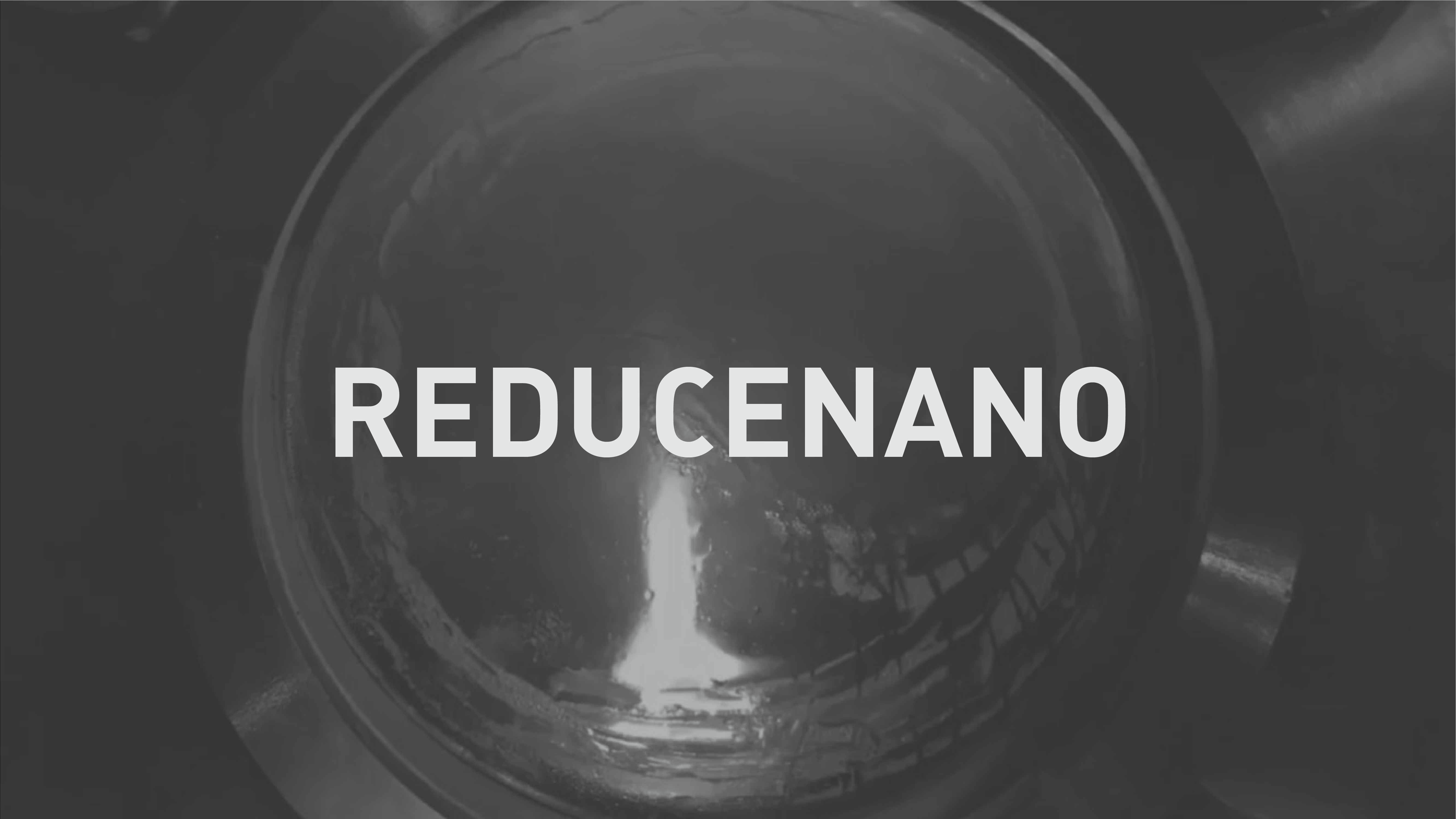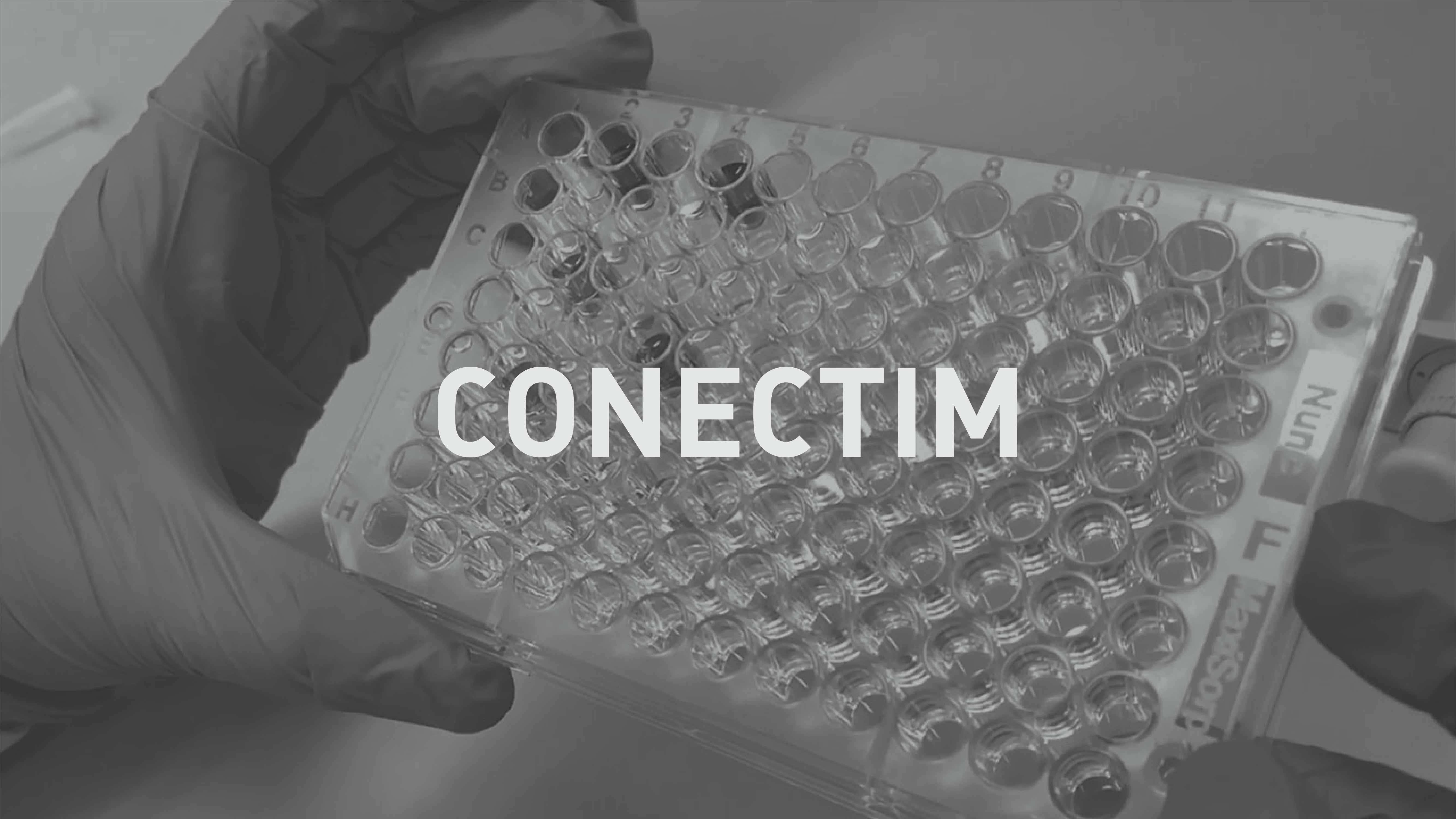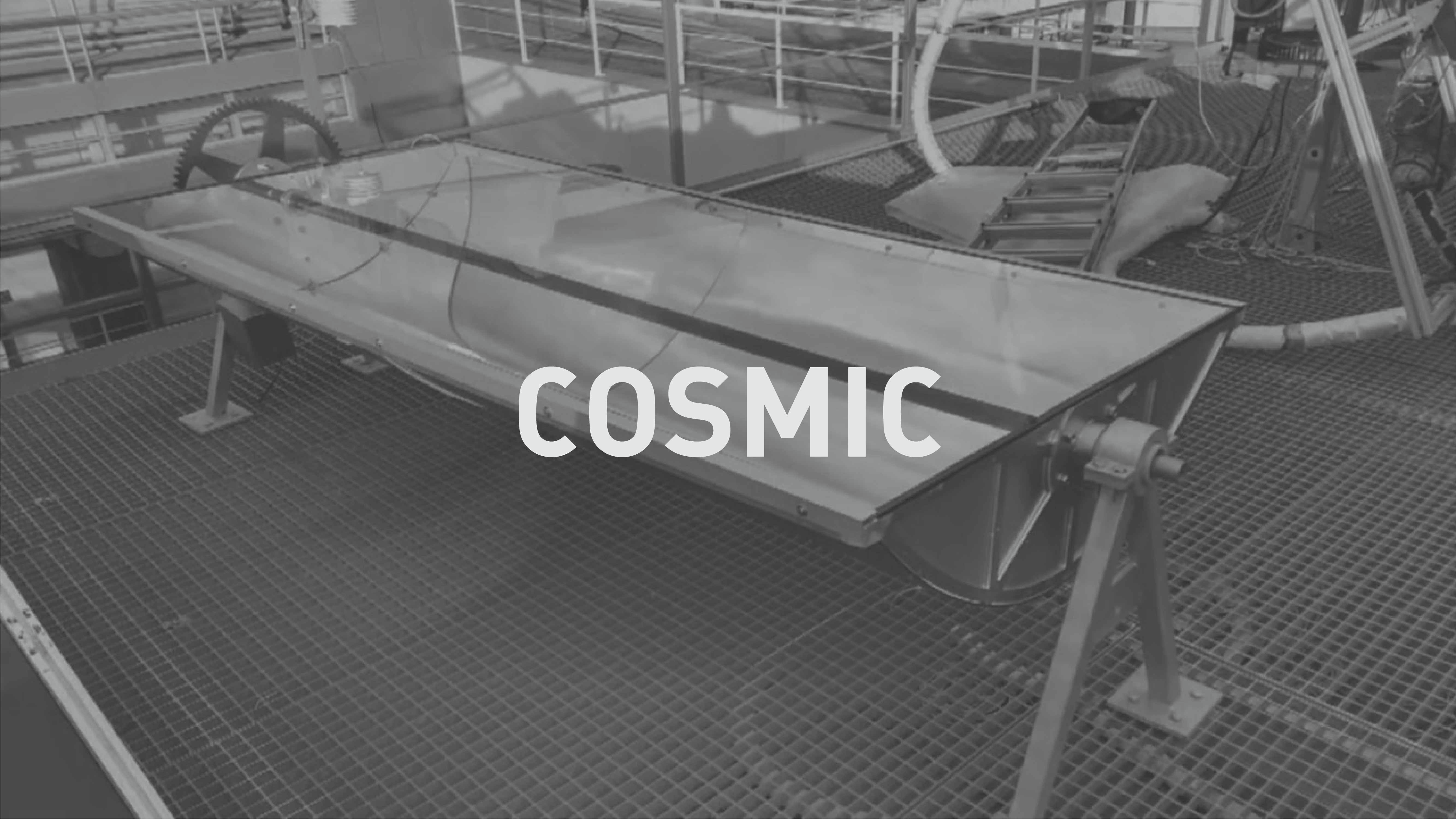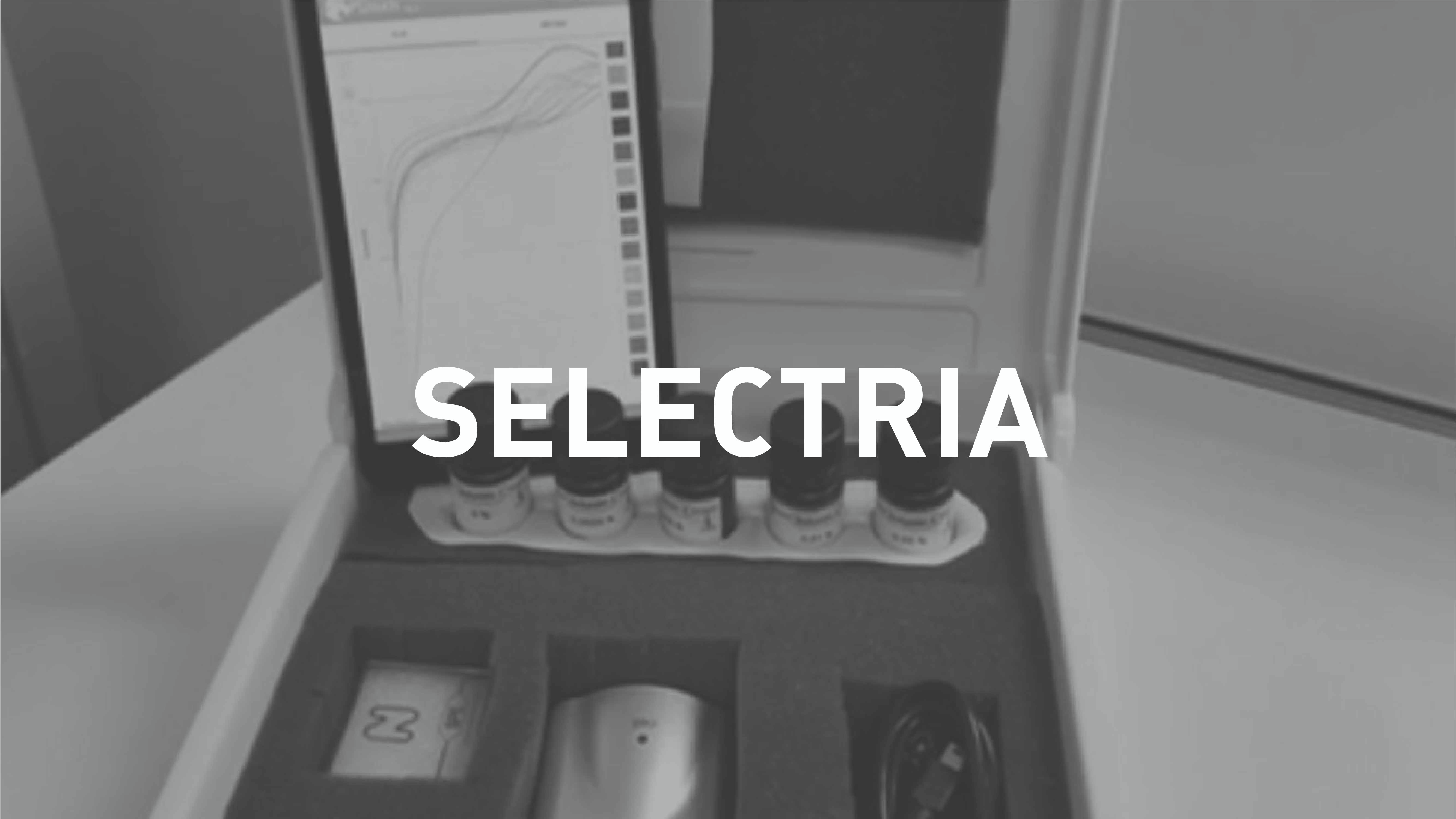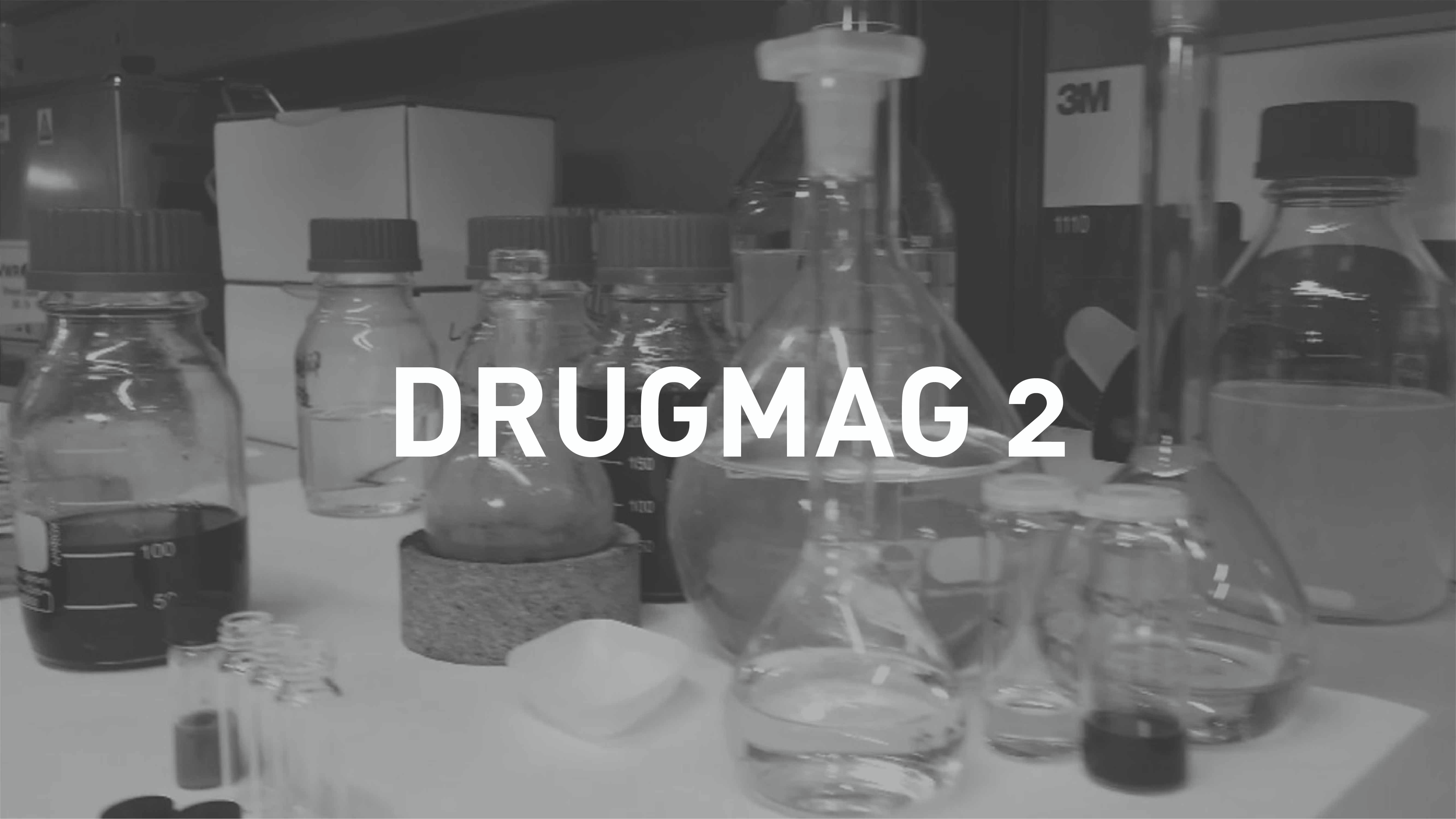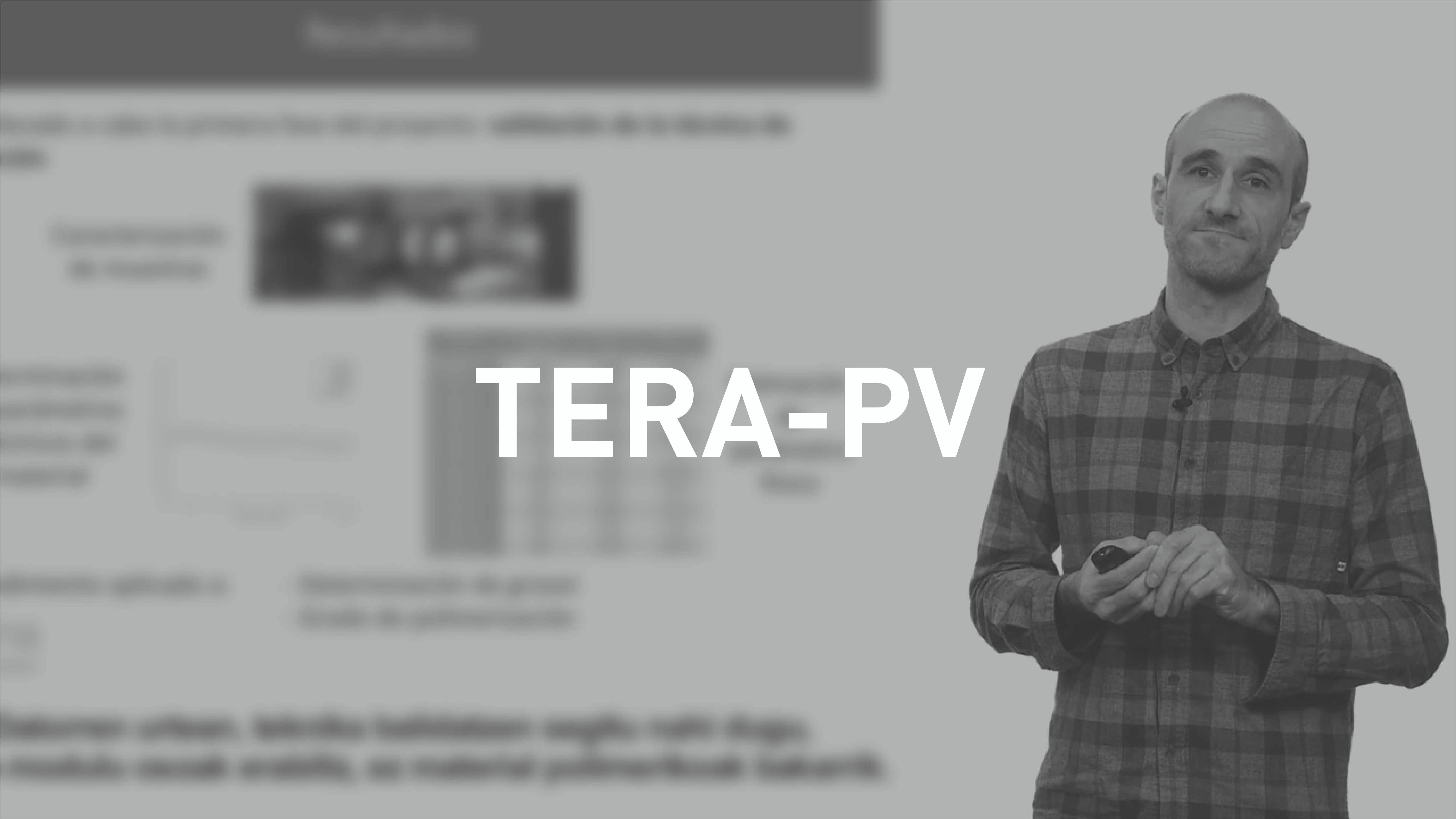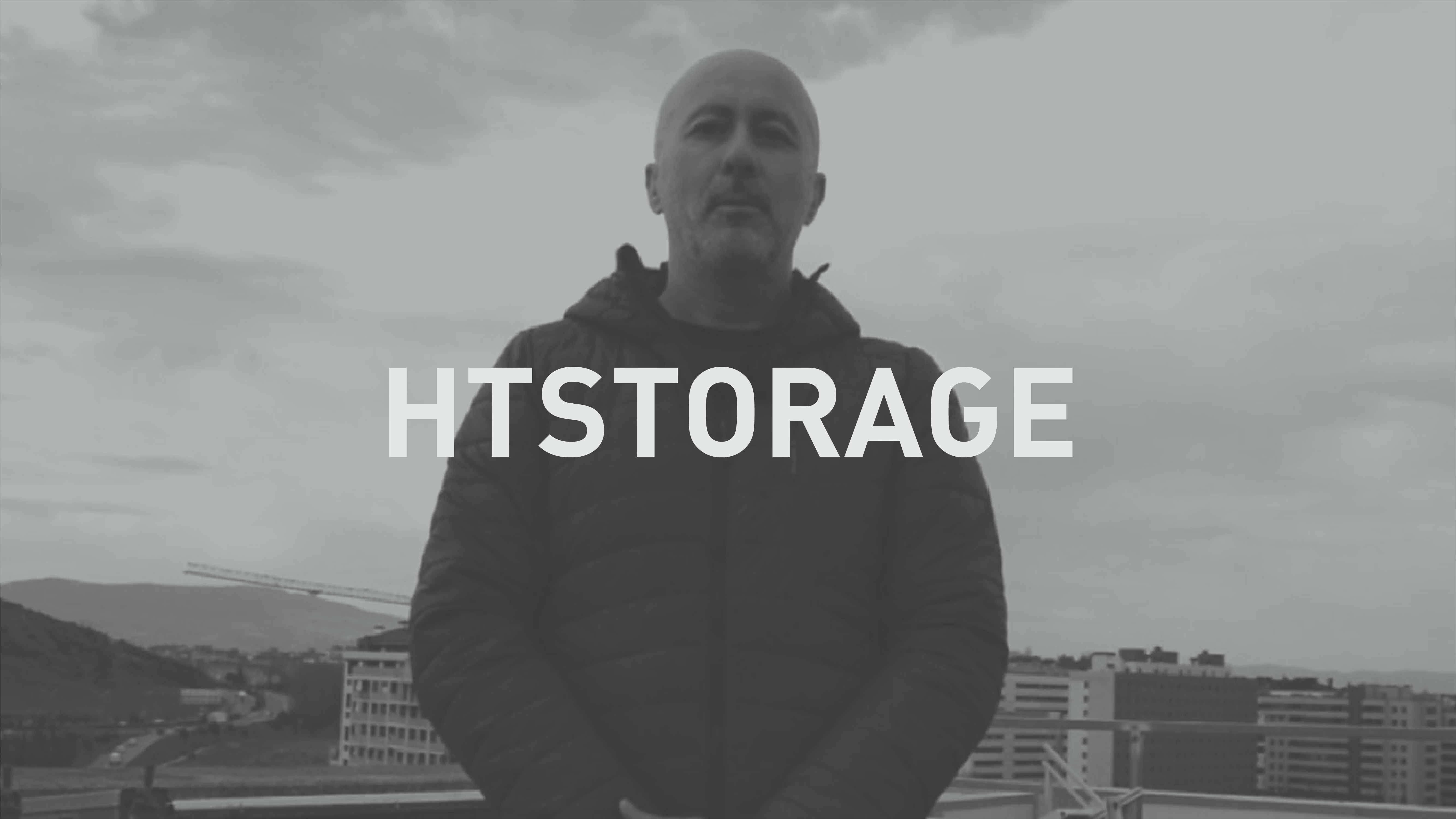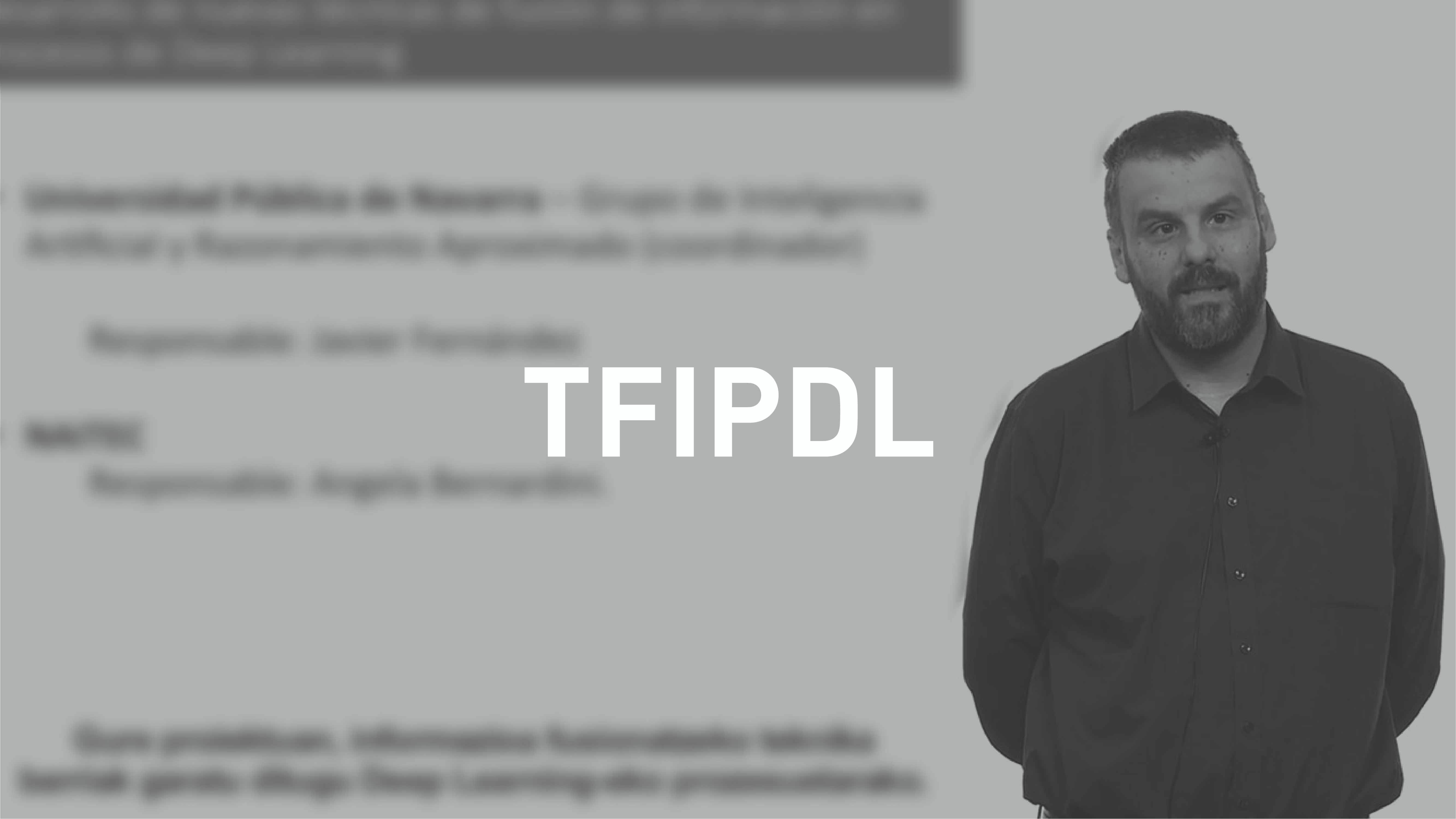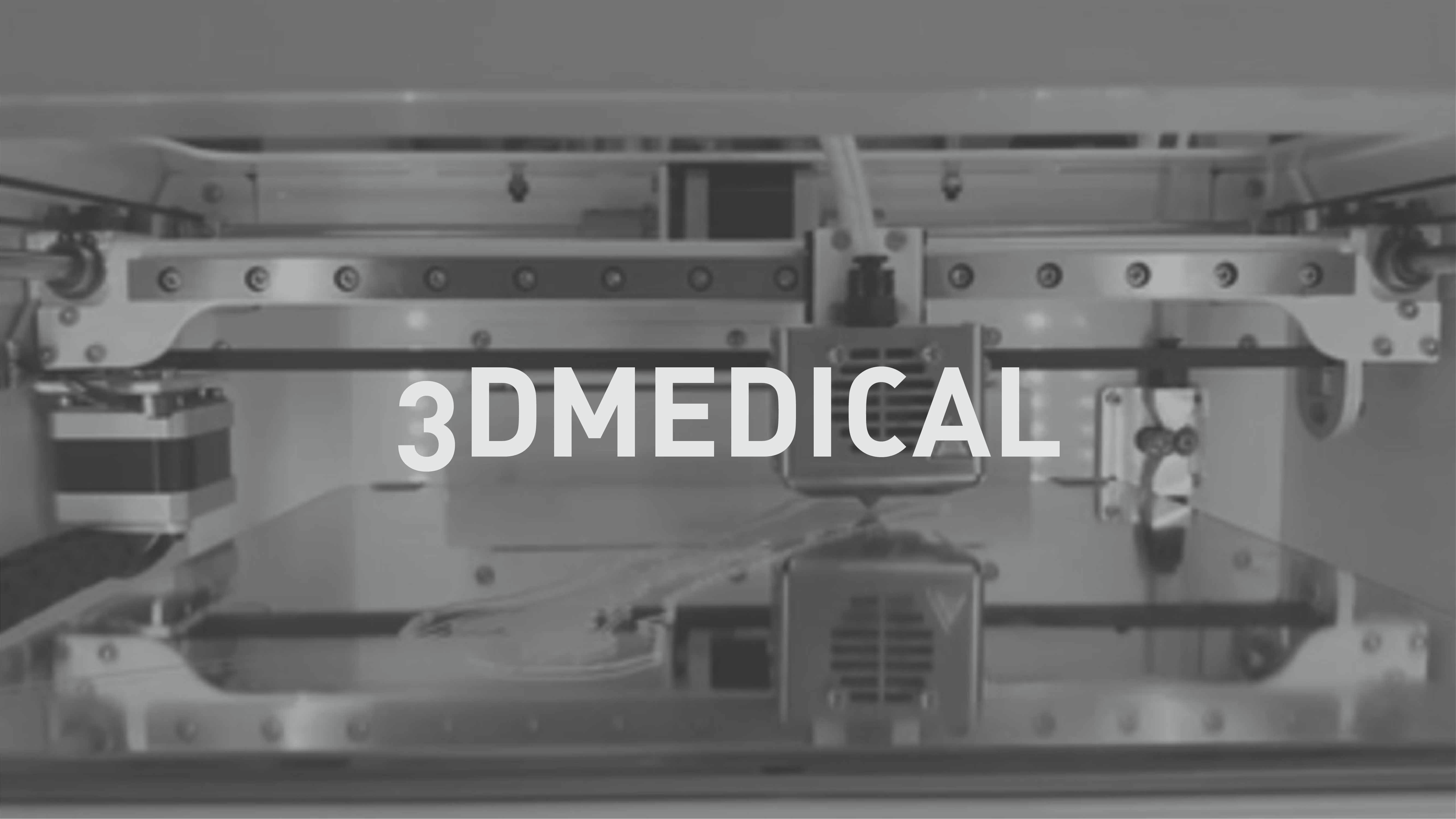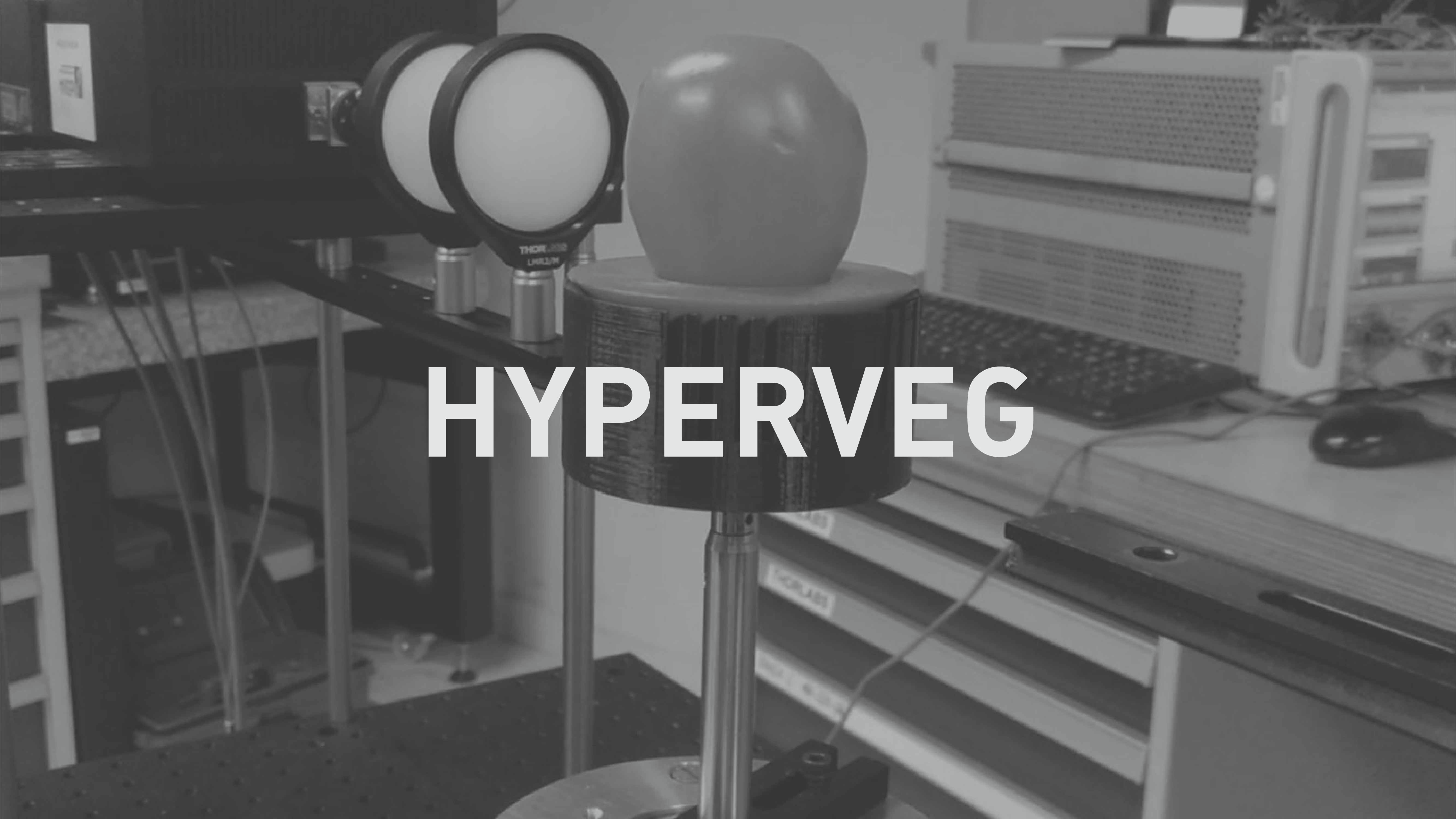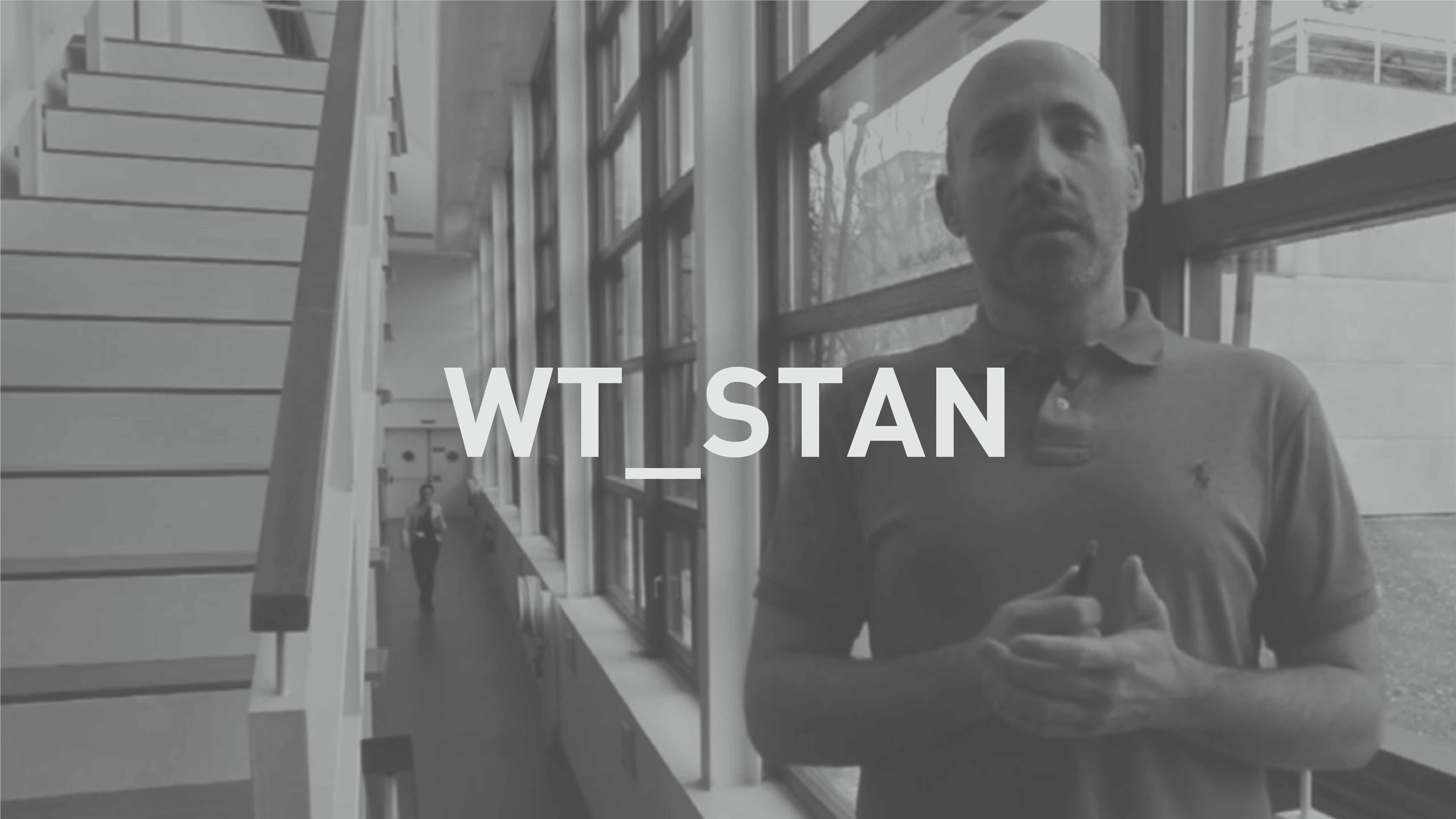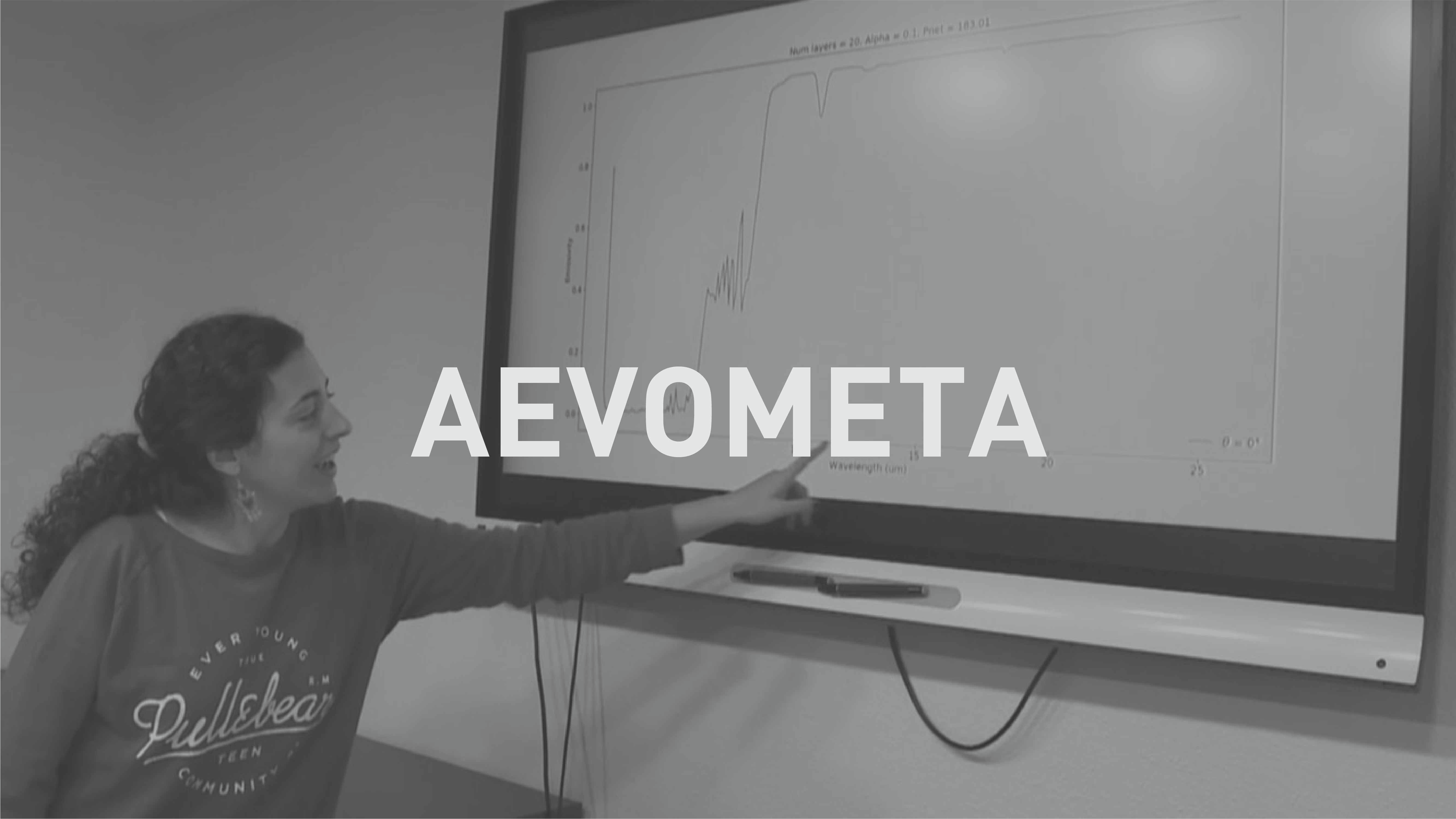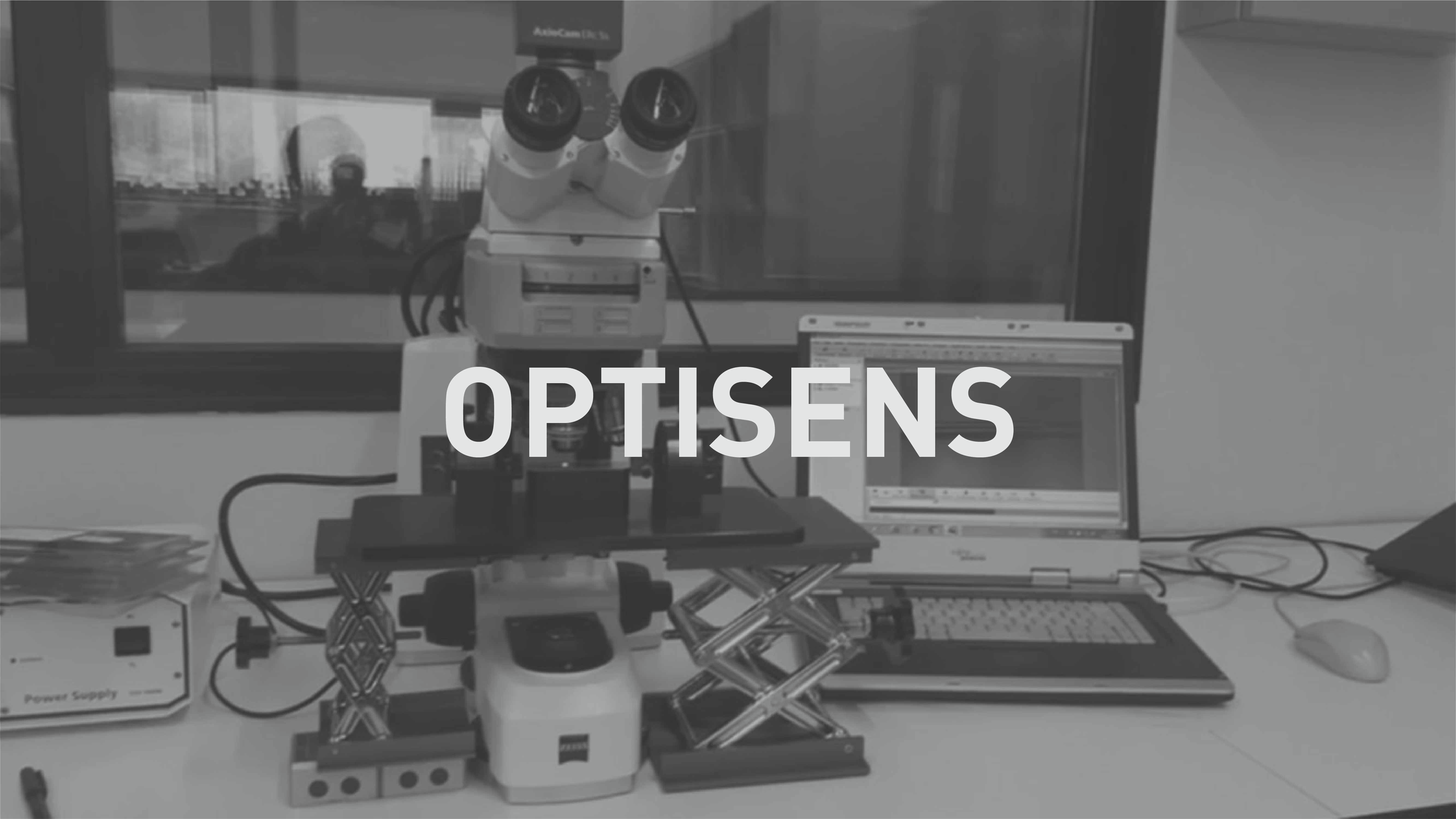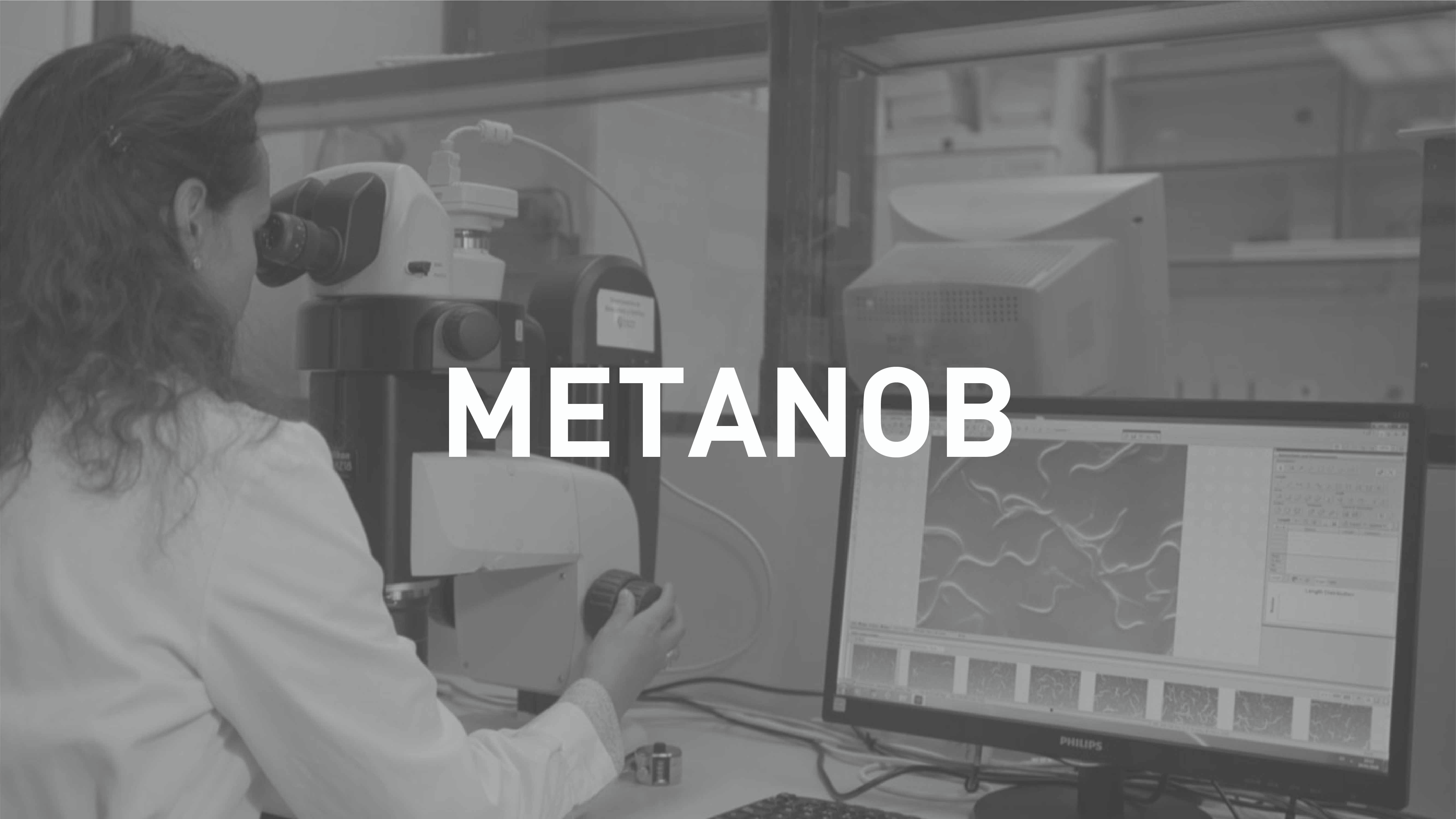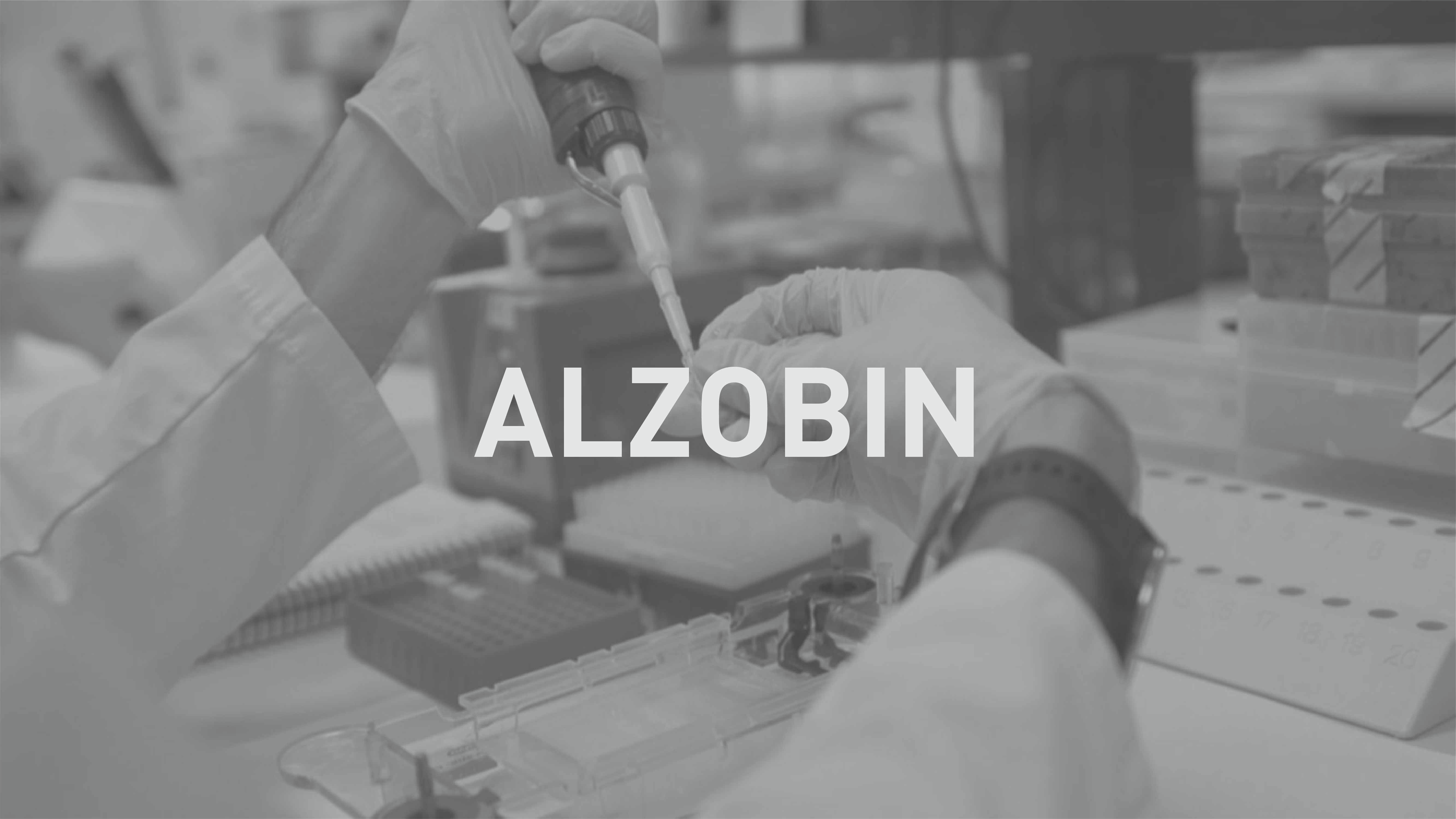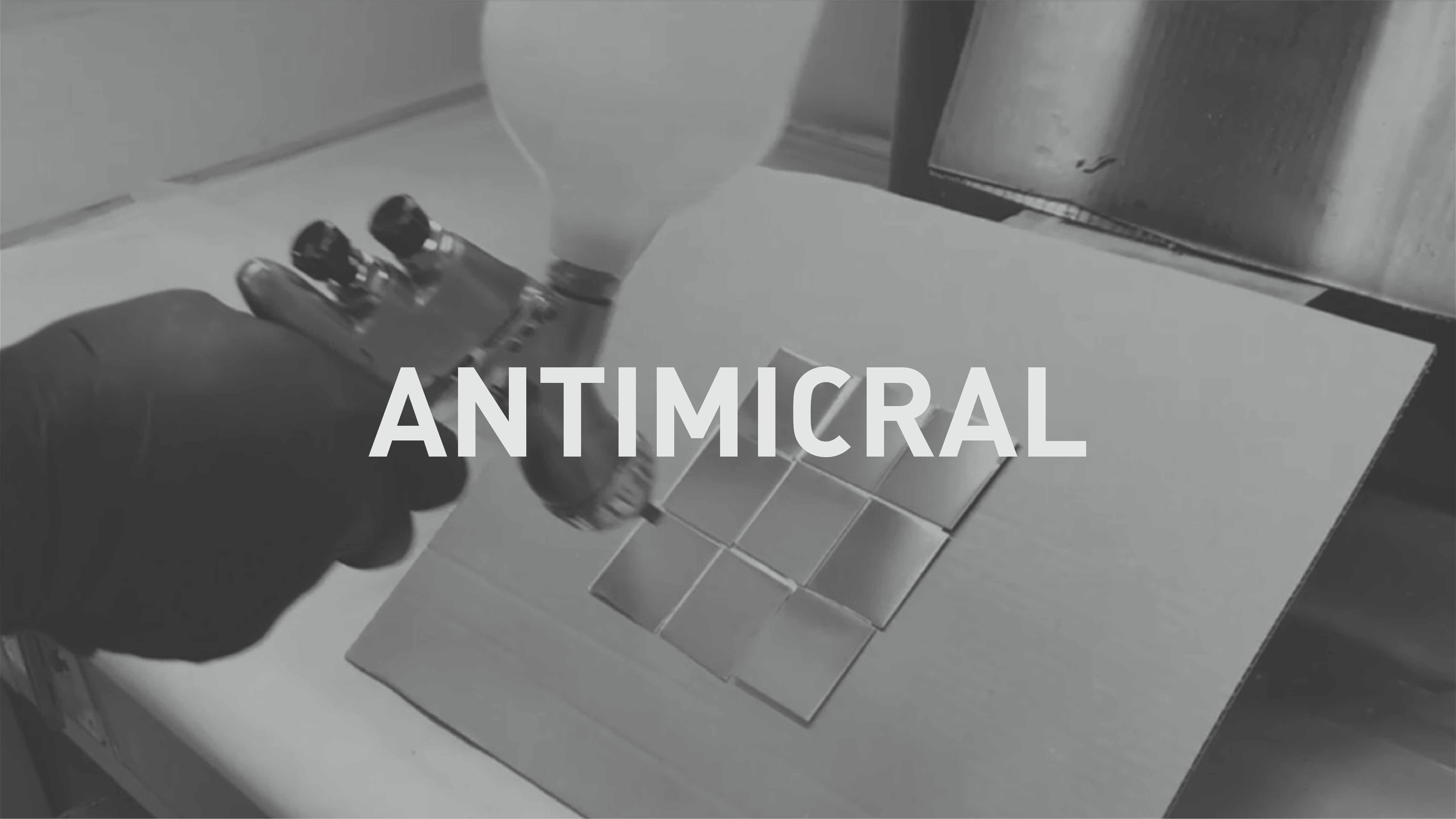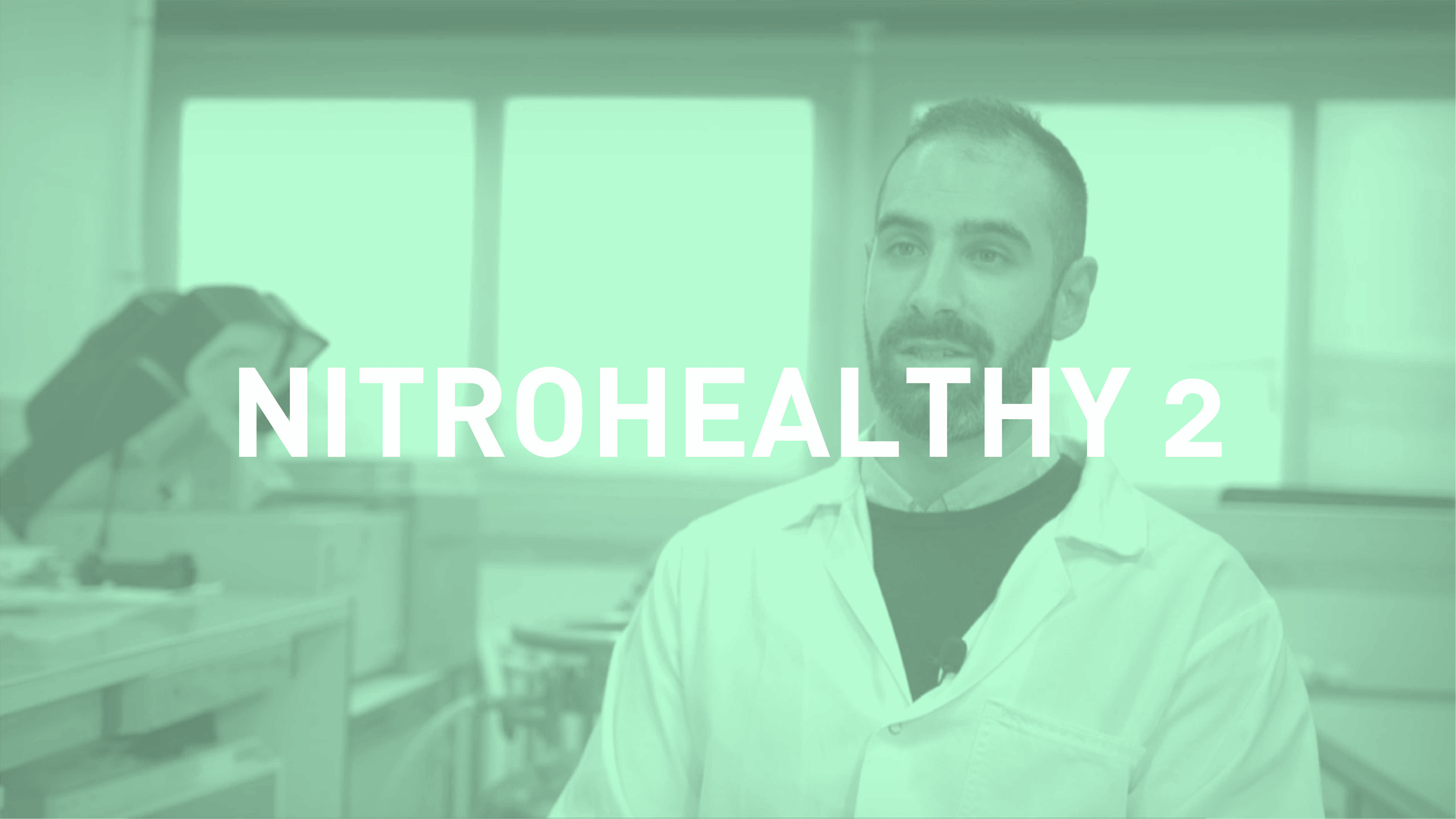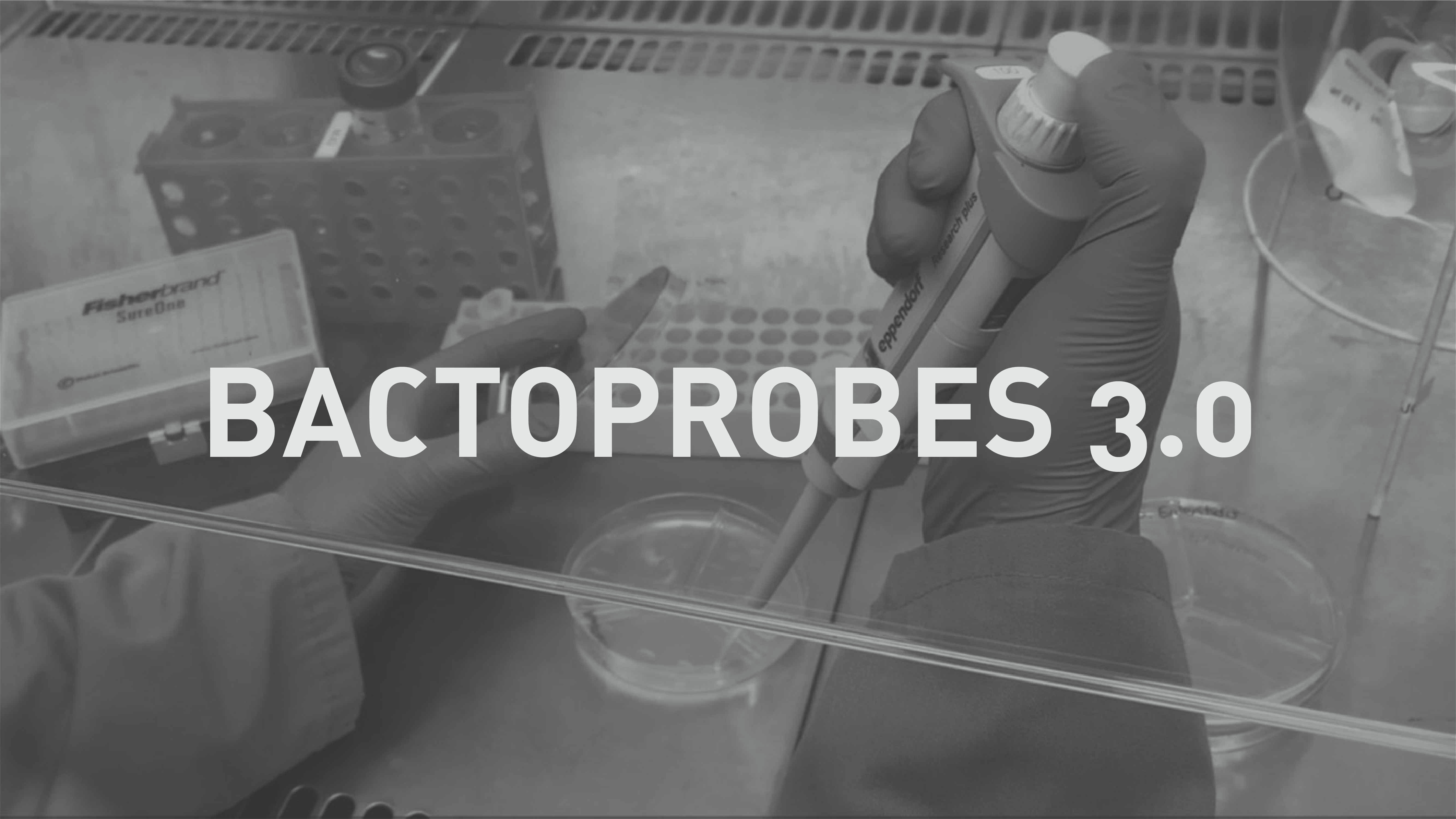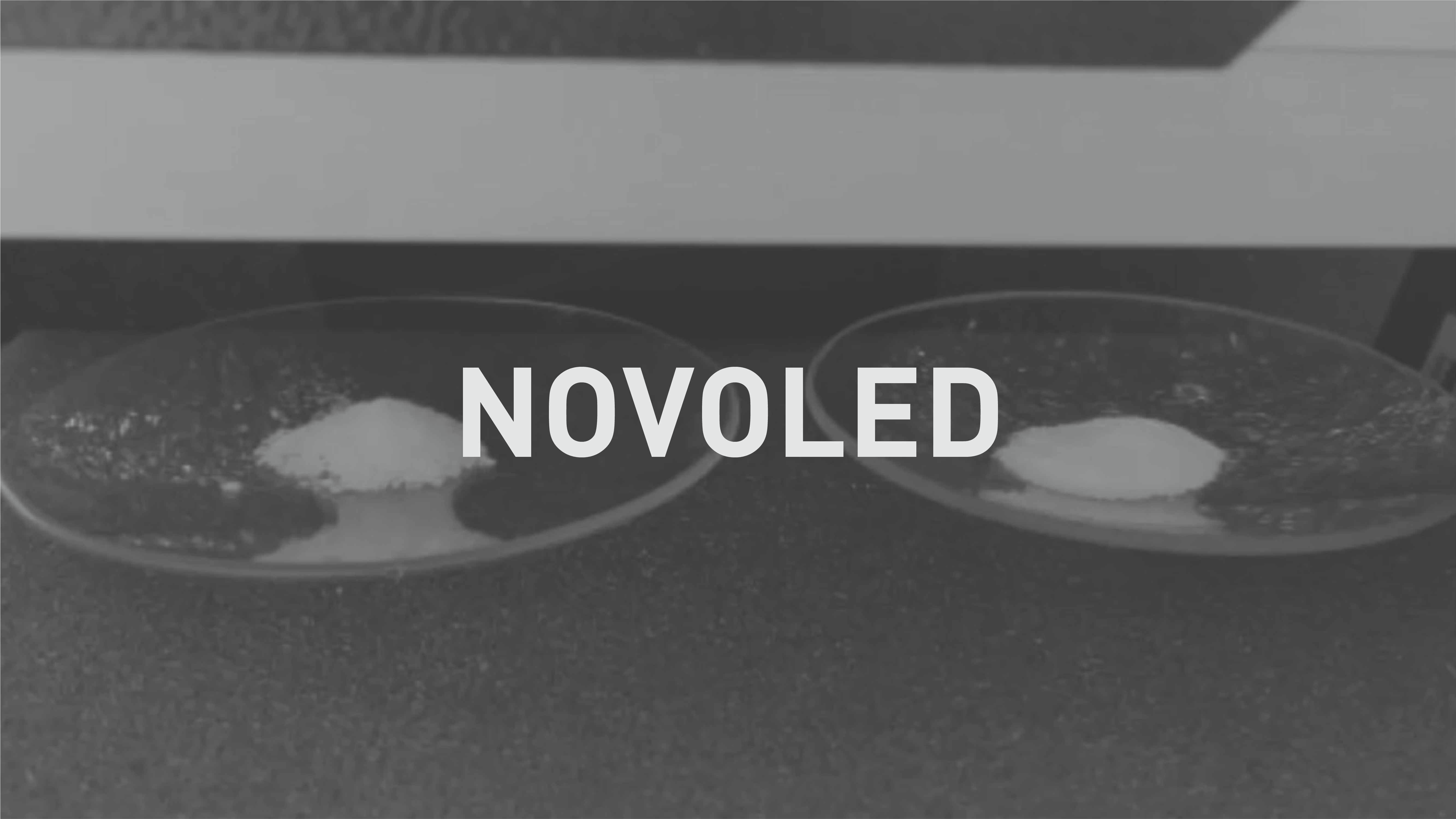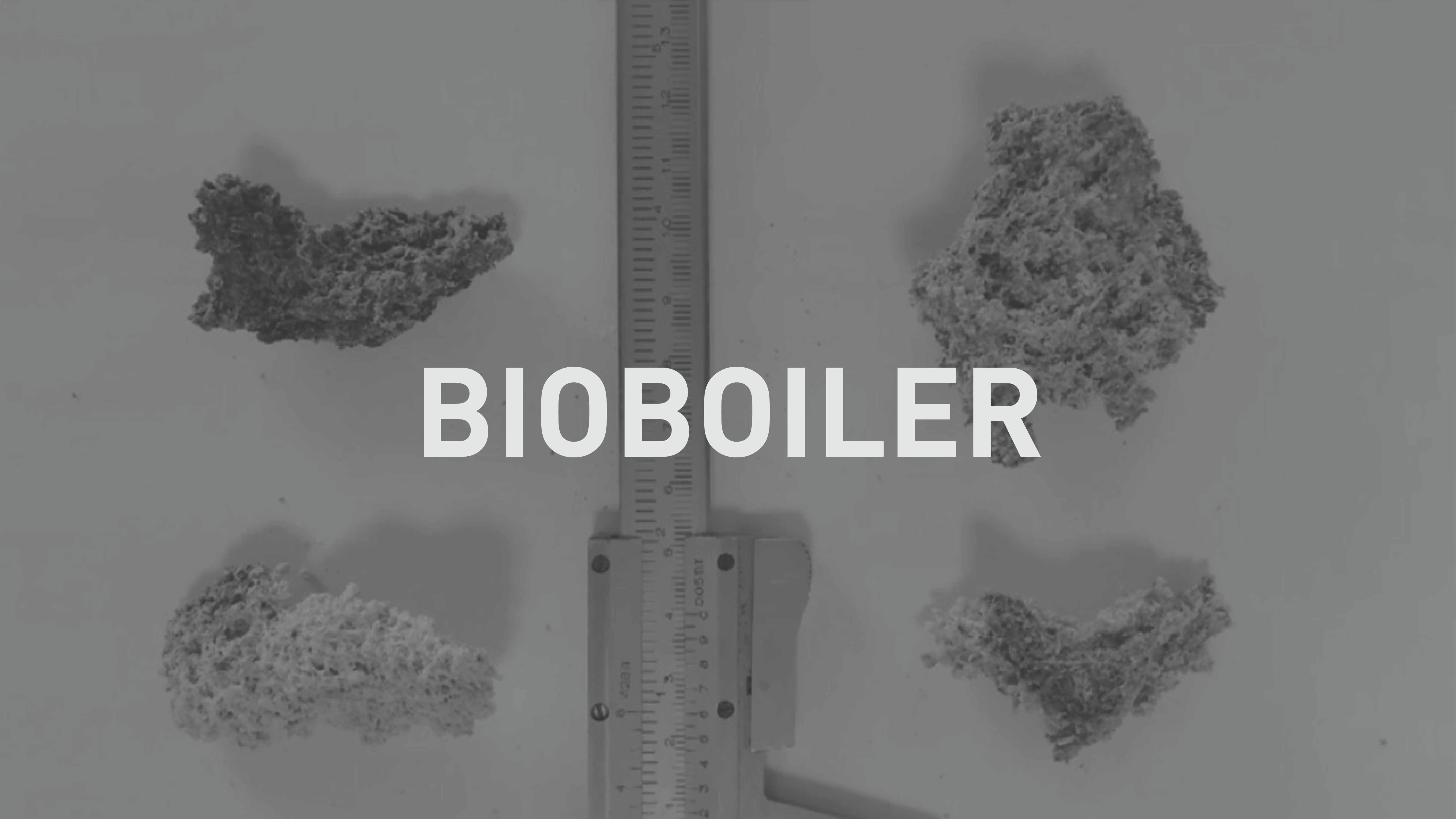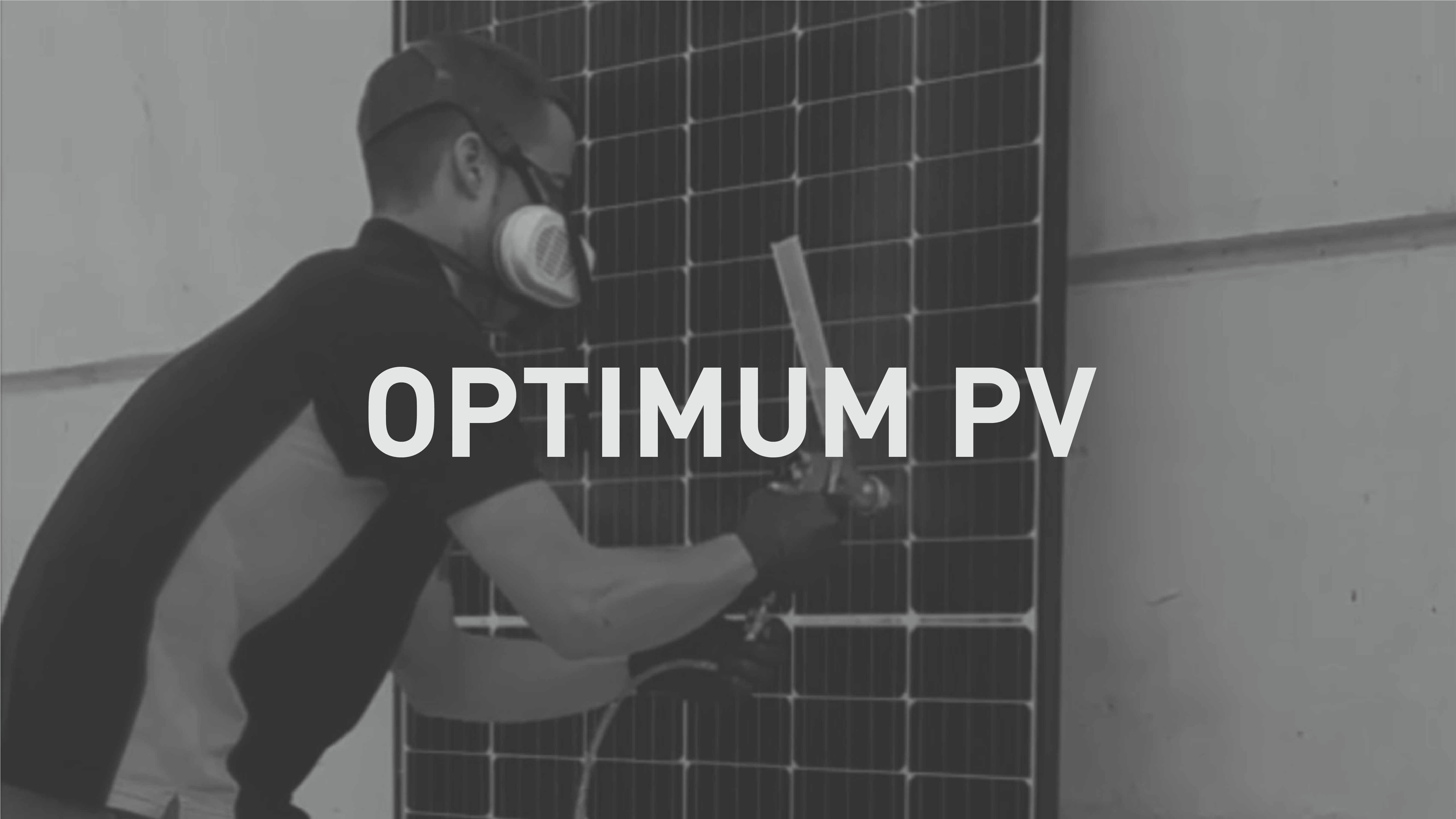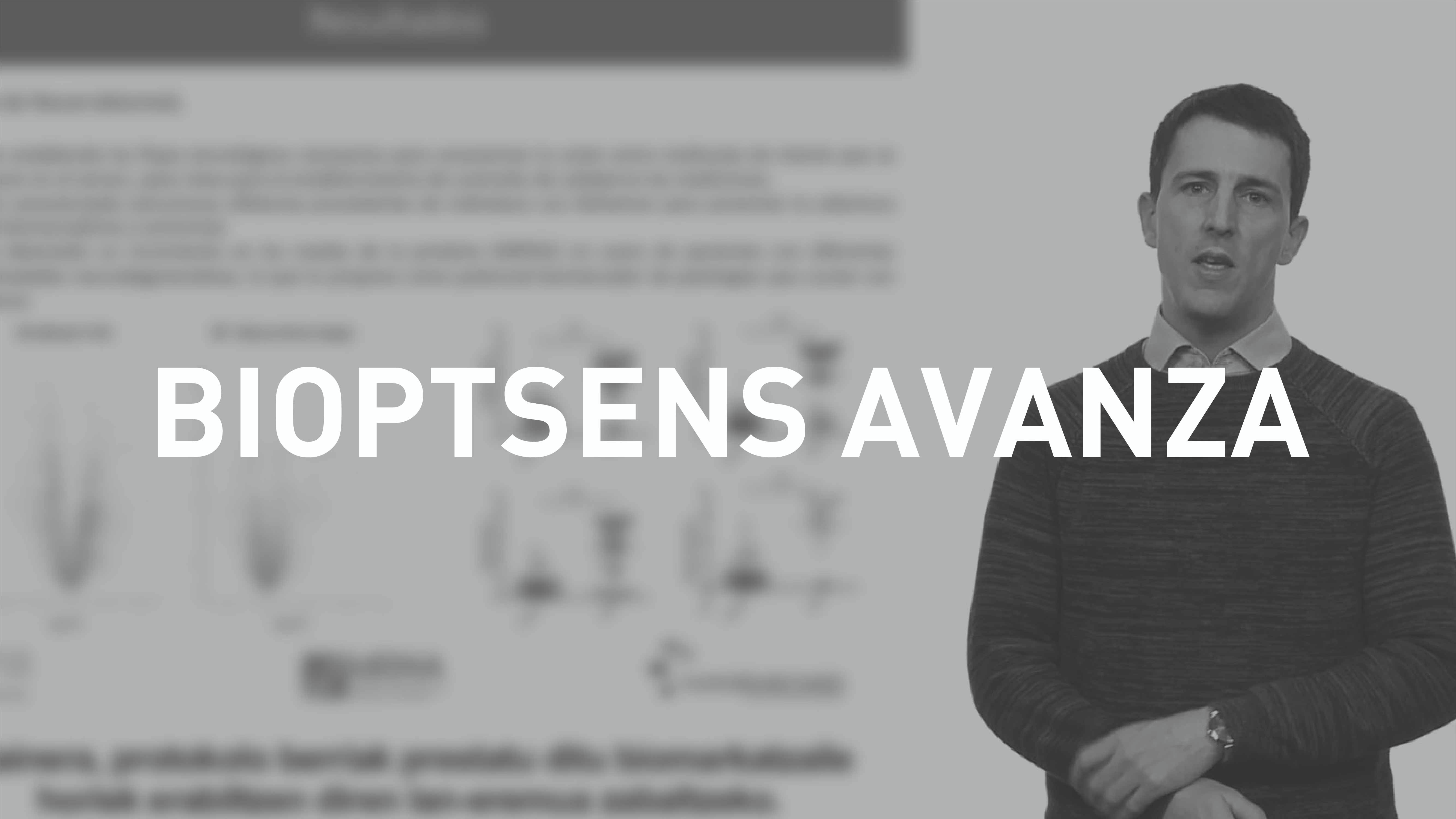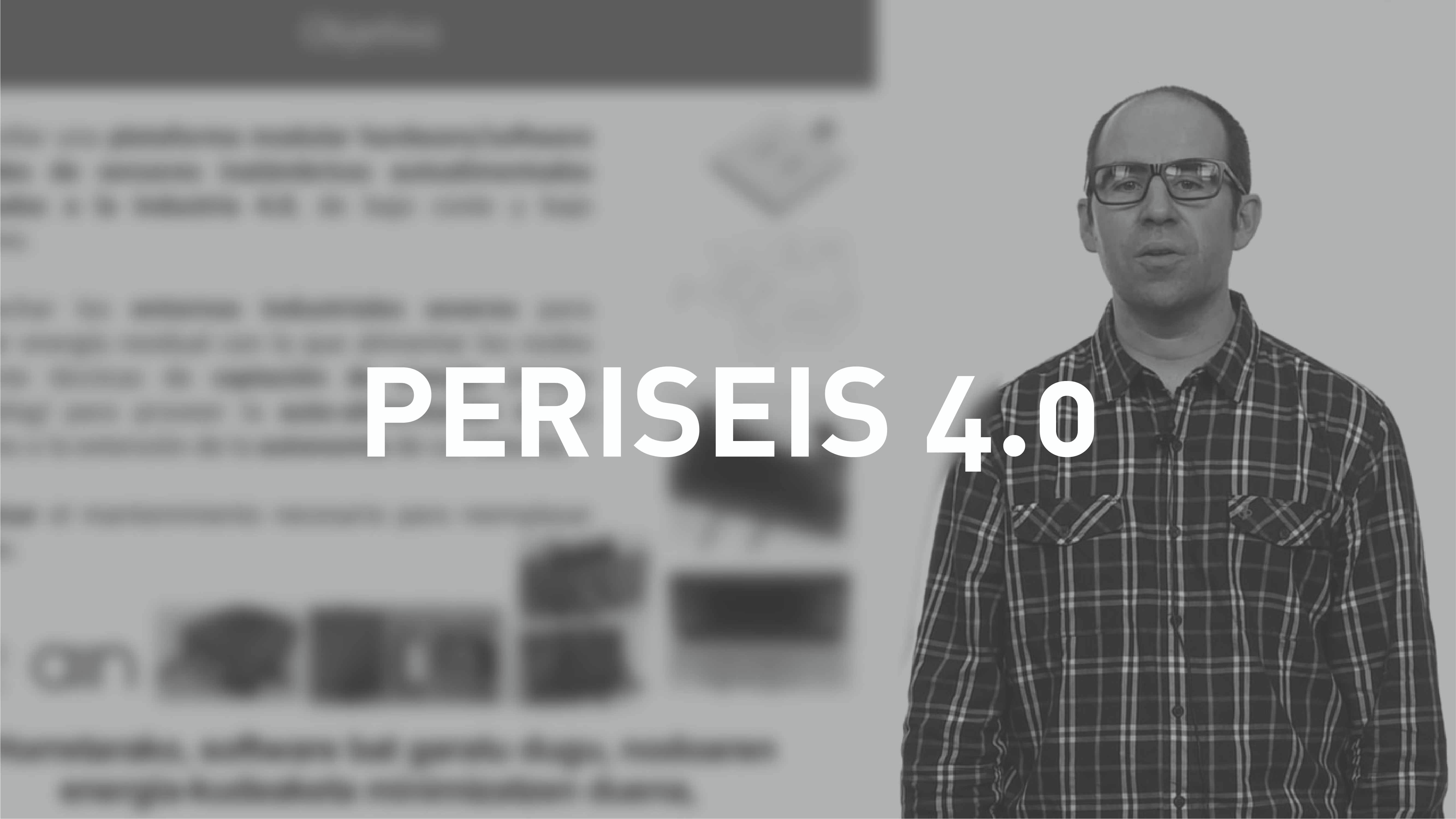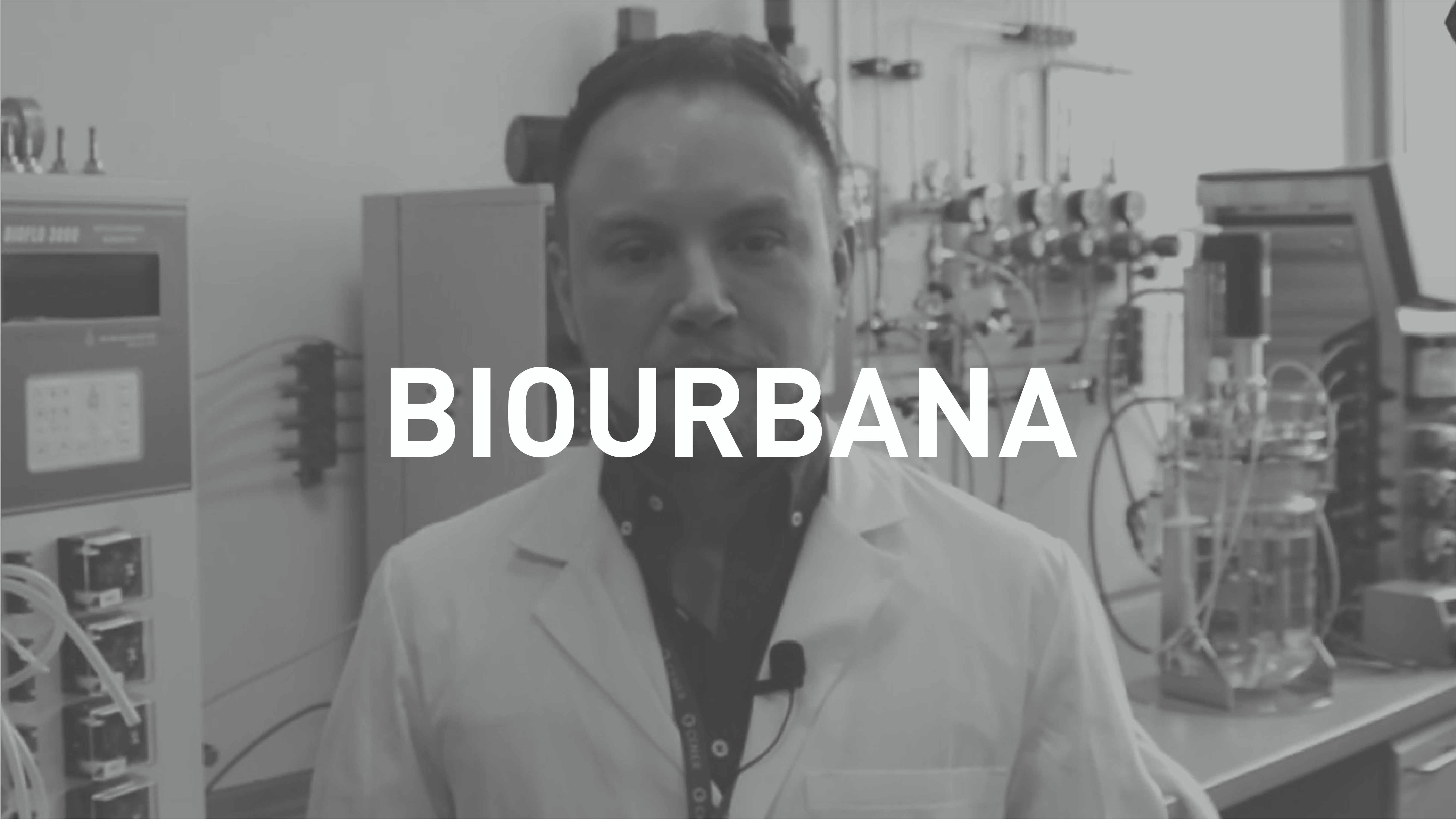The project intends to achieve the following main goals.
- Achieve optimum operation of a plant with suitable regulation of the feedstock, both in terms of precision and stability, in operations with biomass and heterogeneous waste with high humidity and low density, with a high level of impurities, potential abrasive effect and that is hard to handle
- Ensure the reliability of the feedstock system and prevent blockages with the goal of improving the effectiveness of pants and reduce wear on the machinery
- Develop a solid flow model under non-stationary conditions and apply it to improving the control system of the process
- Implement control logic for the feedstock system by applying adaptive control principles based on the solid flow model developed and implement a new control system that can predict and adapt to variations caused by the heterogeneous nature of biomass and waste feedstock
A series of tests were done with different kinds of biomass while carrying out this project at the torrefaction pilot plant and the gasification pilot plant at the “Biorefinery and Bioenergy Centre” (BIO2C) that CENER has in Aoiz (each pilot plant is 2 MWt). Those tests are the avenue for in-situ realization to achieve the goals that were set.
Based on the results produced in the tests and starting with the currently available feedstock systems at the CENER pilot plants (torrefaction and gasification), a solid fluid model in non-stationary conditions is being developed. The algorithms of the control system will be modified based on the model and adaptive control principles will be applied so that, using the new control logic, the use of feedstock can be more stable and reliable, taking the heterogeneous nature of biomass and treated waste into account. The new control algorithm will be used in the plants and it will be validated with long-term tests with biomass and heterogeneous waste.
The development of this project has an important application in bringing energy value to biomass and heterogeneous waste through combustion, gasification or torrefaction, because it solves a real operational problem many plants currently have when using those fuels as feedstock. Using heterogeneous fuels with high humidity and low density, a high level of impurities and that are potentially abrasive and hard to handle as feedstock presents technical difficulties and creates regulatory and availability problems that drastically affect the performance of the process and its reliability, because numerous operational and maintenance problems are associated with it, such as the following.
- Changes in the overall efficiency of the process due to variations in the feedstock caused by the heterogeneity of the biomass or waste feedstock and its behaviour due to the density and form of the particles
- Damage to the sealing systems (e.g. rotary valves) from impurities or over-filling due to a lack of control in regulating the feedstock flow, with the subsequent loss of imperviousness that means the process must be stopped
- Feedstock obstructions caused by the heterogeneity of the biomass or waste, impurities and difficulties with regulating a stable flow that diminish the availability of the plant
- Operational stability is vulnerable with traditional control systems Conventional fixed parameter proportional, Integral, and Derivative (PID) regulators behave well when controlling linear systems with process parameters that are invariable over time and non-linear systems that work around a fixed operating point. However, to adapt to situations like non-linear processes in general or processes where there can be a time variation in the parameters that define its behaviour, which include biomass feedstock processes, a system that adjusts the parameters of the regulator automatically depending on the behaviour of the process is beneficial, leading to what is called adaptive control.
The highly variable nature of biomass and heterogeneous waste feedstock processes makes it evident that developing a control system that is more robust, reliable, precise and stable than the current ones so it can be implemented in biomass boilers, gasification plants and other value generating processes would be a significant improvement in the sector both economically and operationally.




